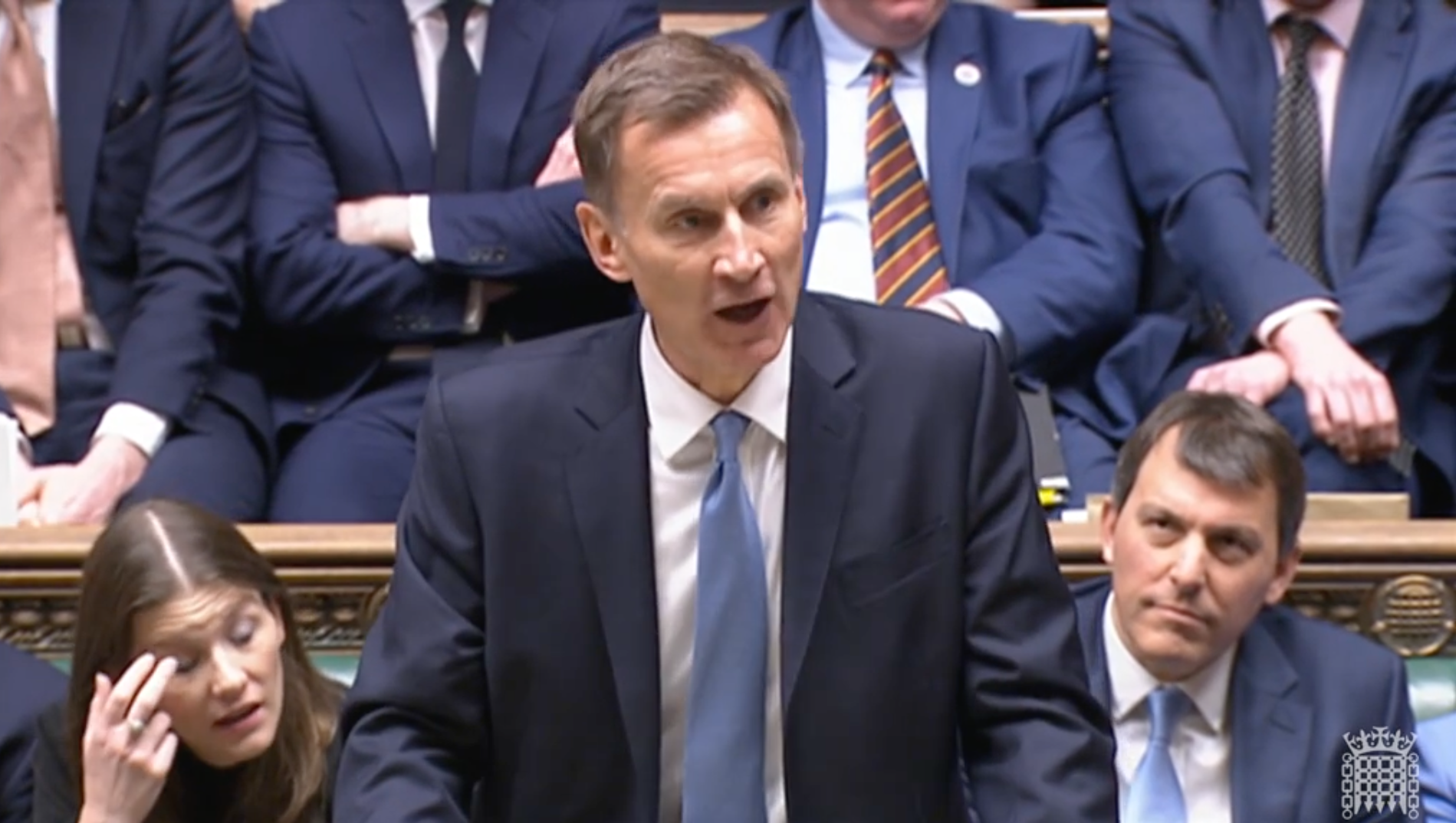An extra €500m of funding per year is expected to be injected in French startups thanks to new budget laws, which provide tax incentives for those who wish to invest their savings in early-stage companies.
It is a welcome boost for the country’s startup ecosystem, investors and founders say, although hopes were high for even higher tax breaks that would have unlocked funding in the billions.
The provisions are part of France’s budget for 2024, which was passed late last week, and include creating a new system that is similar to the UK’s Seed Enterprise Investment Scheme (SEIS) and Enterprise Investment Scheme (EIS). These reward private investors with tax relief for backing early-stage, high-risk companies.
Under the French version of the scheme, companies will qualify as either “high-growth” startups (JEIC) or “disruptive” startups (JEIR) — and individuals who wish to invest in either will benefit from income tax breaks. The government estimates that up to 1,600 startups will qualify for JEIC and JEIR status.
Incentivising early-stage investments
The JEIC and JEIR schemes were proposed by Paul Midy, a parliamentarian who was tasked at the start of the year by prime minister Elisabeth Borne to identify reforms that could boost startup funding in France — and which could be implemented in this year’s budget to be put in place as early as 2024.
Midy’s recommendations, published in June, included rewarding investment in JEICs and JEIRs with tax breaks of up to €250k per individual. This would have created up to €1.3bn extra investment for early-stage startups per year, according to the report.
President Emmanuel Macron has shown strong support for Midy’s proposals, and it was expected that the upcoming budget would include provisions to create the scheme.
The new laws have a much more limited scope. Individuals investing in “high-growth” startups will benefit from a tax break of up to €45k, and €50k for investments in “disruptive” startups — generating €500m of fresh funding per year, under half of the amount recommended by Midy.
The politician has nevertheless welcomed the new laws. “Between now and 2027, we estimate that the scheme that has been taken up in the budget will generate between 30k and 50k new jobs,” he says.
“We realise the budgetary effort that this represents,” says Marianne Tordeux, director of public affairs at France Digitale, an independent lobby group that represents startups and VCs. “Very few tax reductions have appeared in this budget, so the fact that the French government wants to invest in startups via this scheme is a positive thing.”
The UK model
In the UK, the EIS and SEIS schemes saw 6,750 startups raise more than £2.5bn in 2022 alone.
The measures in France are “necessary to unlock French people’s savings,” says Marc Menasé, the founder of VC fund Founders Future. “What’s done in the UK is extremely beneficial to growing small and medium businesses.”
As startups struggle to raise funds this year, encouraging new investments will be a welcome boost for founders. In the first half of 2023, French startups raised €4.2bn — almost 50% less than at the same time last year.


